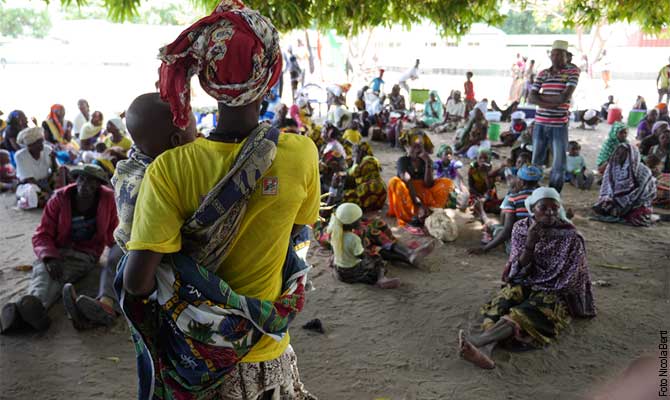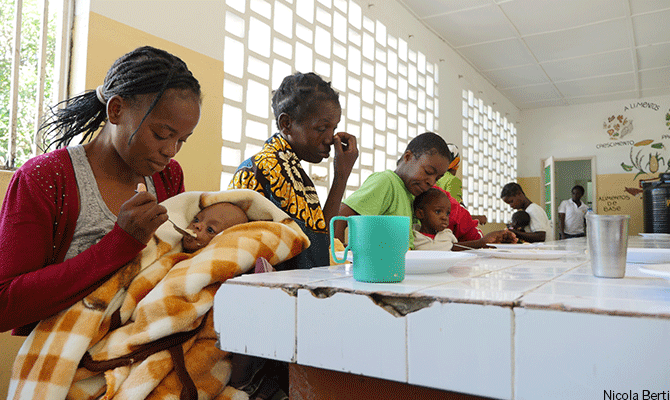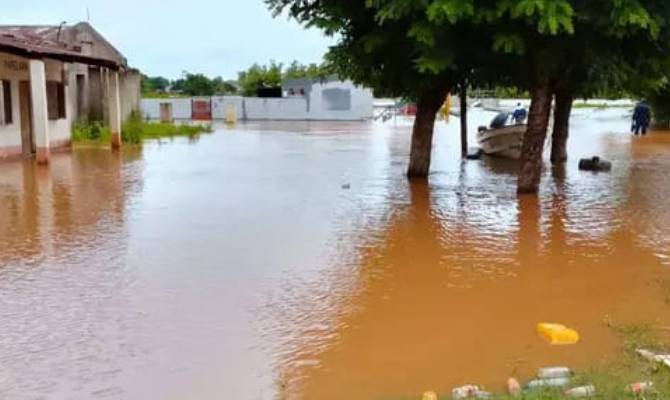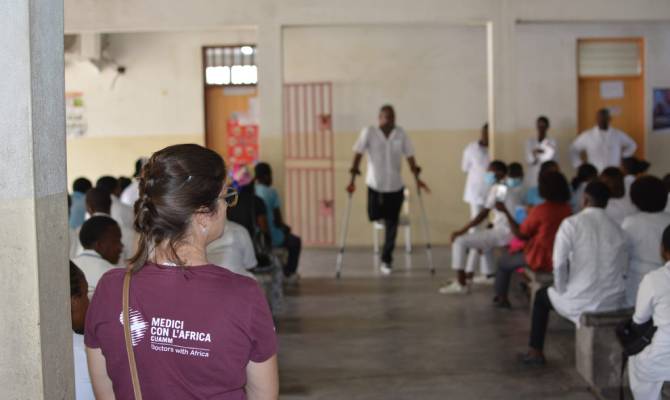Classifying the foodstuffs that exist and are accessible to the local population in a specific place, and using them to develop well-balanced, vitamin A-based dietary solutions – it’s happening right now in Mozambique, in an ongoing study by Doctors with Africa CUAMM in partnership with UNICEF and the Sofala Province Department of Health.
Some 2.3 million Mozambican children under the age of 5 are affected by vitamin A deficiency. The absence or insufficient intake of this vitamin can cause serious problems in terms of fetal development and the functioning of the immune system; it also appears to possibly jeopardize the effectiveness of vaccinations. In addition, vitamin A-deficient children appear to be more susceptible to infections, especially intestinal and respiratory tract ones.
The aim of our study is to find a solution to this problem of malnutrition by exploiting the scarce resources available to the local population, and today we will present our research plan at the World Congress of the International Society of Antioxidants in Nutrition and Health (ISANH).
At a time of great vulnerability for Mozambique, where a severe drought is ravaging the southern and central regions of the country (the government has just issued a “red alert”, the highest state of disaster alert, and more than 1.5 million people are at severe risk of food insecurity), Doctors with Africa CUAMM is committed to doing its part during emergencies, as well.





